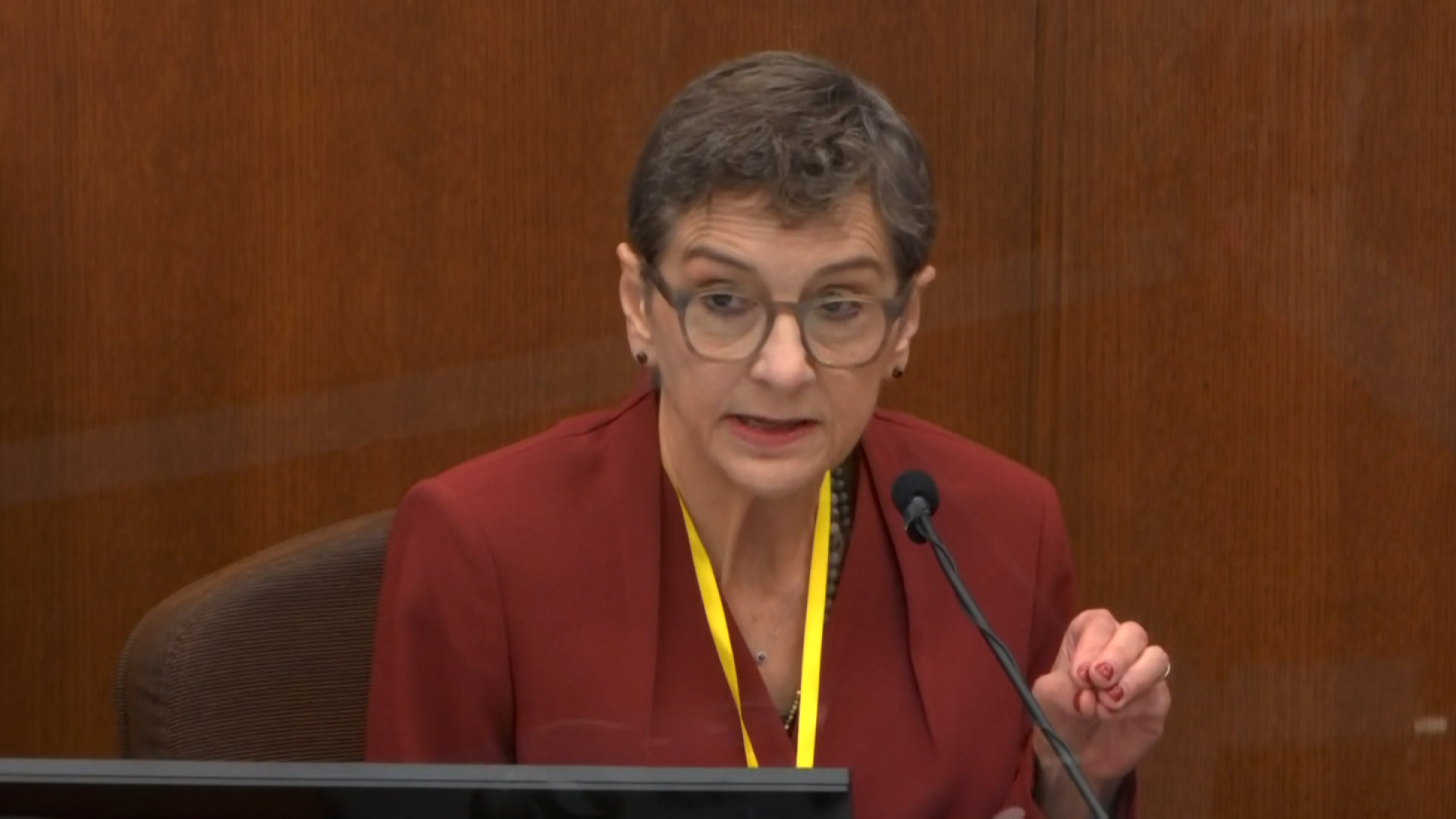
Crucial testimony in the trial of former police officer Derek Chauvin is expected today when the medical examiner who performed George Floyd’s autopsy takes the stand.
Prosecutors plan to see Hennepin County Chief Medical Examiner Dr. Andrew Baker. He ruled that Floyd’s death last May was a murder, identifying the cause as “cardiopulmonary arrest” that occurred during “law enforcement subdual, restraint and neck compression.”
The official autopsy of the Hennepin County Medical Examiner made no mention of asphyxiation as the cause of death, which was a major pillar in the prosecution’s case.
Baker’s testimony will come on the 10th day of Chauvin’s trial, the culmination of a week filled with expert testimonials from not only medical experts but also police experts who stated that Chauvin violated policy and used excessive force against Floyd.
A pulmonary intensive care physician testified Thursday that Floyd died of “low oxygen levels” when Chauvin pressed him on the street with his knee, limiting Floyd’s ability to breathe. Chauvin has pleaded not guilty to charges of second-degree murder, third-degree murder, and third-degree manslaughter.
Why are these testimonials important: The medical analysis is important to the prosecution’s case that Chauvin was a substantial cause of Floyd’s death when he placed his body weight on Floyd’s neck and back for more than nine minutes – causing death from “positional asphyxiation.”
Chauvin’s attorney Eric Nelson has argued that Floyd died of a drug overdose and pre-existing health problems.